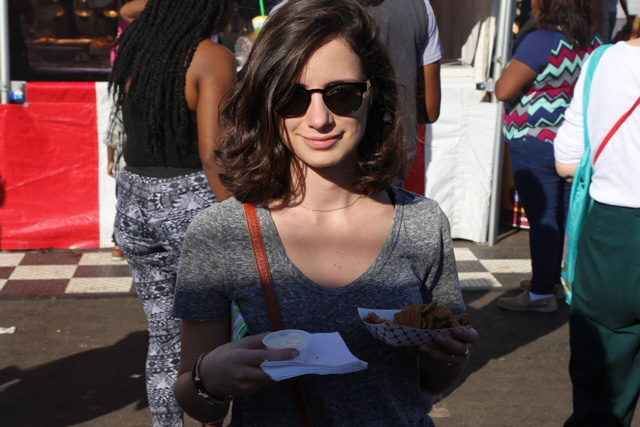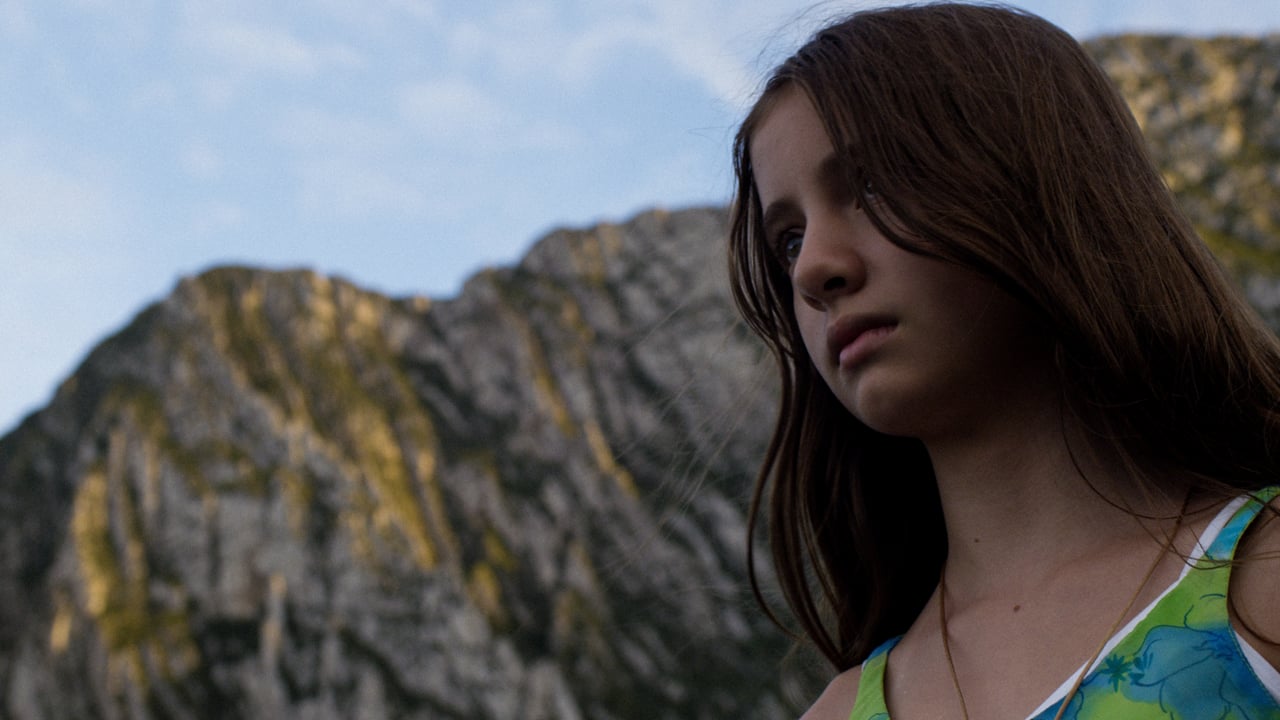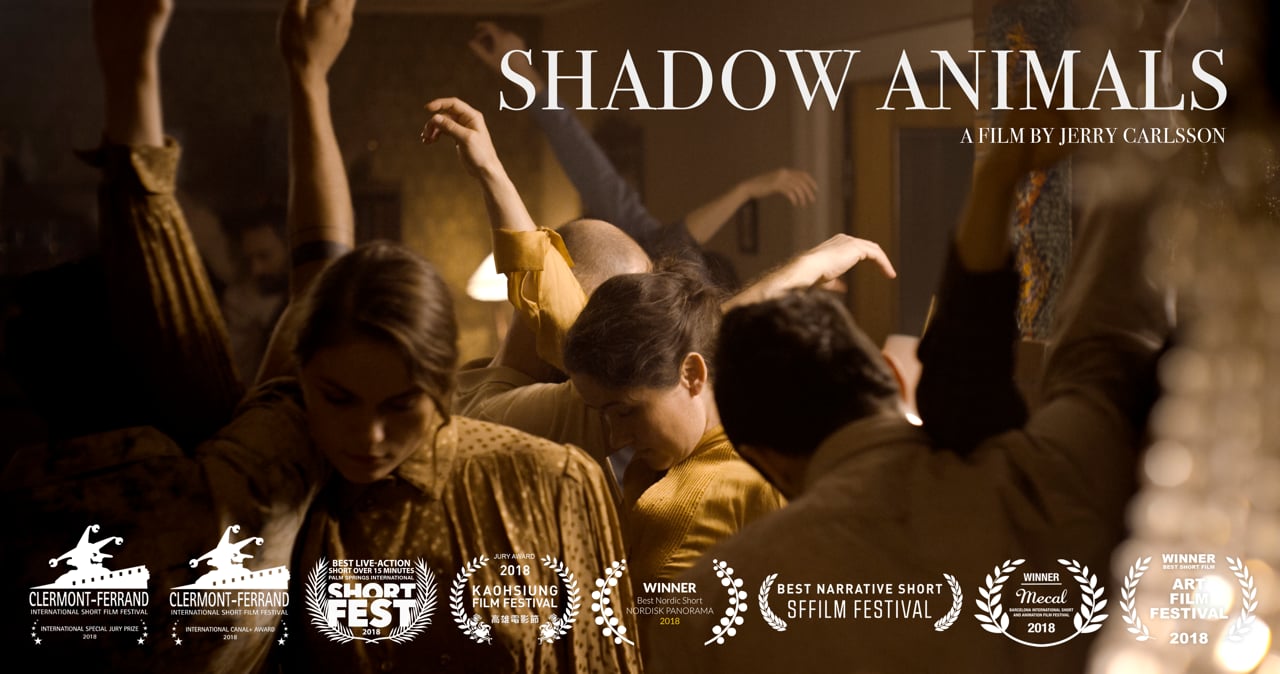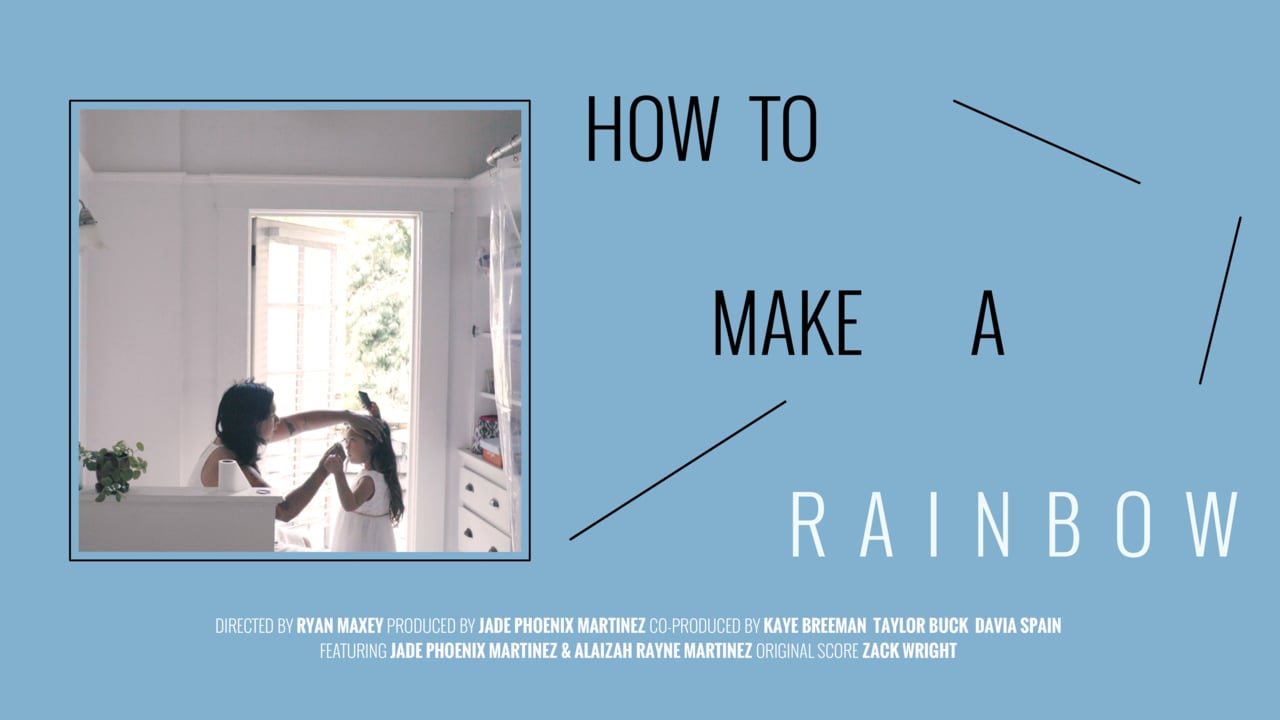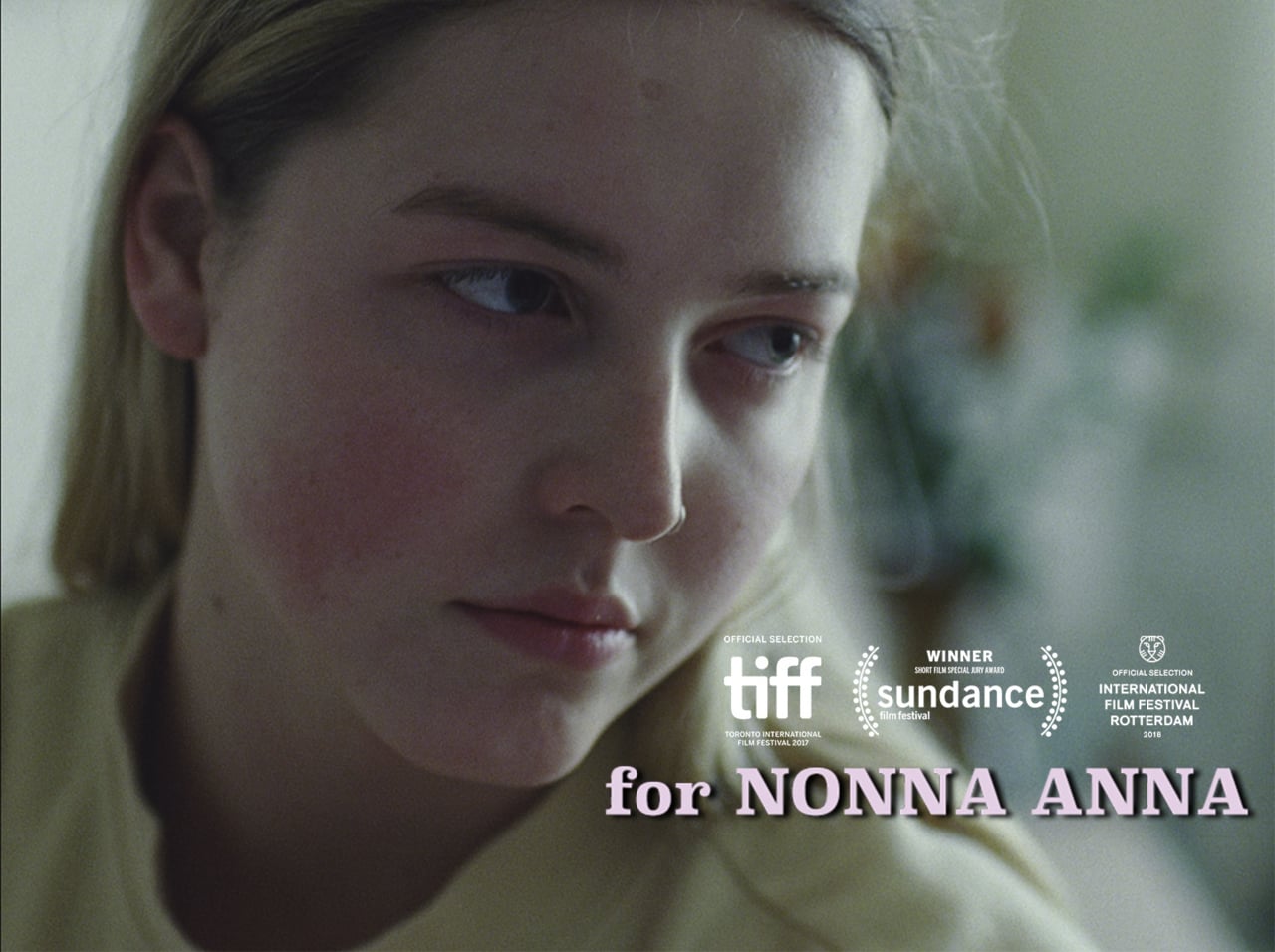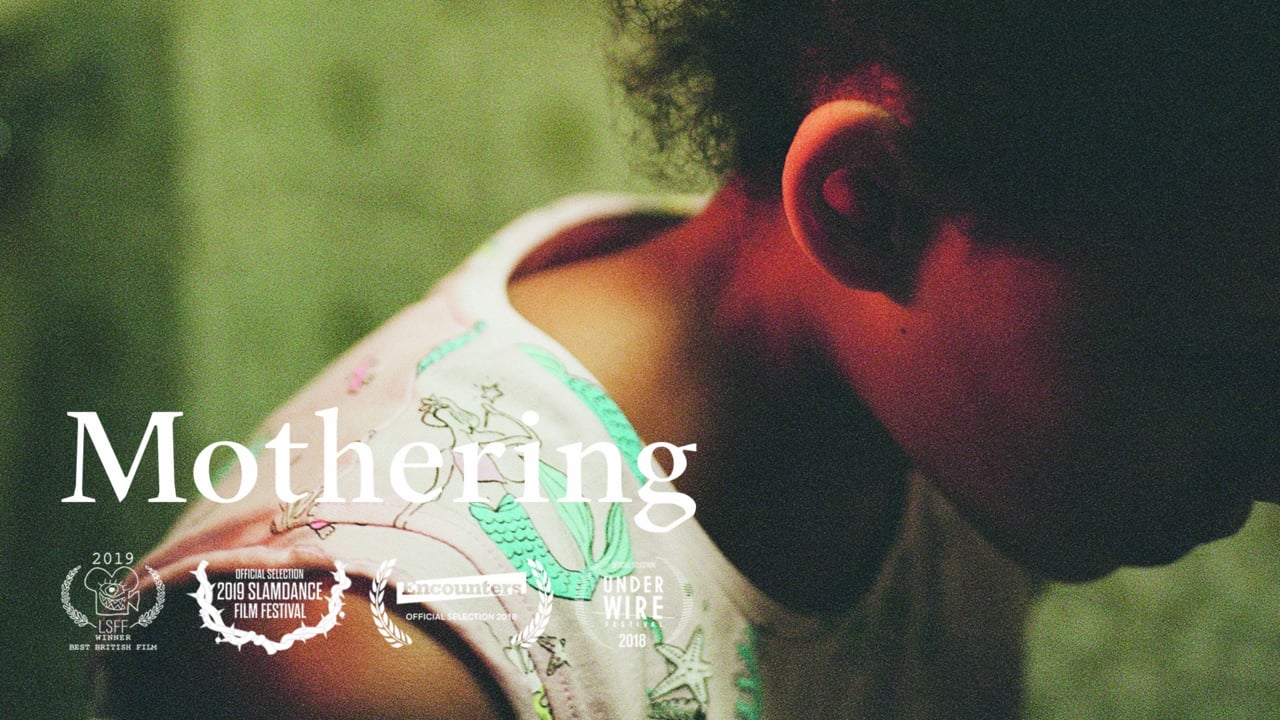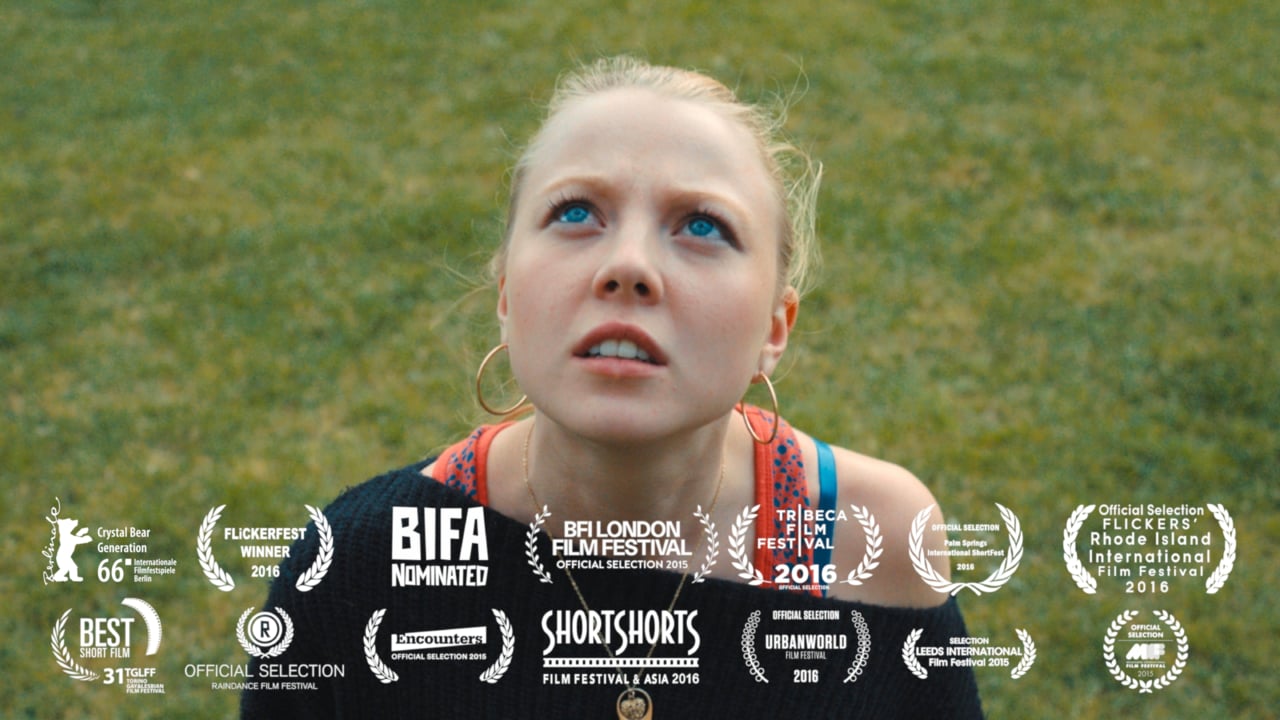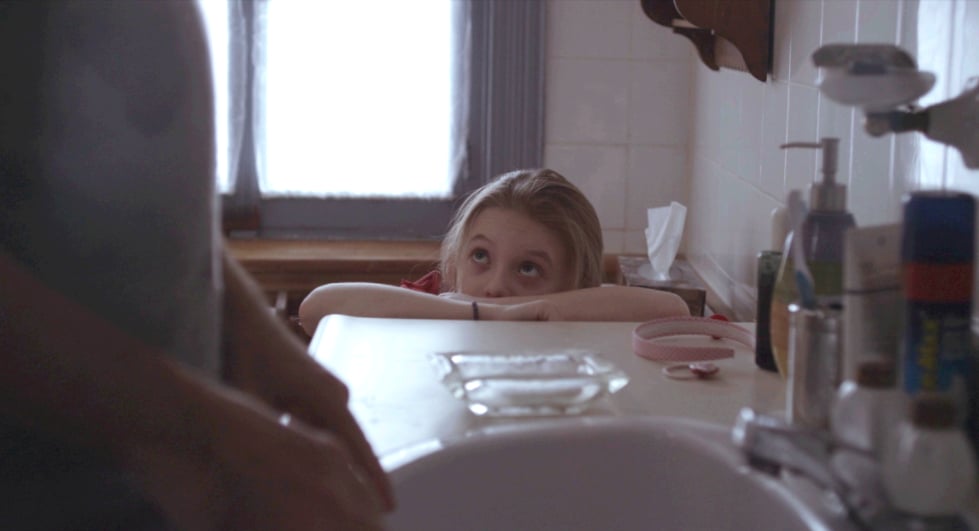This week’s Staff Pick Premiere opens with a gripping premise: a 16-year-old Iranian girl has been notified by the local morgue to identify her mother’s body. Over the course of the next 15 minutes, this painful task proves to be more difficult than we could have ever imagined in Alireza Ghasemi’s engrossing and humanist portrait “Lunch Time.”
 Bureaucratic hospital employees put up every possible roadblock to prevent the young protagonist from seeing her mother without a guardian. Through desperate pleas, she’s finally able to enter the morgue, and that’s where the film takes an unexpected turn. Thanks to Ghasemi’s careful direction and slow reveal of information, her motivation is complicated as we learn more about her circumstances and begin to question her motives. For discerning viewers, her story — and especially her bruised eye — raise some questions, but in the face of a devastating loss, we can’t help but sympathize and root for her. While the film might leave you with more questions than answers, it undoubtedly achieves the goal of humanizing a character driven by factors that we may never understand.
Bureaucratic hospital employees put up every possible roadblock to prevent the young protagonist from seeing her mother without a guardian. Through desperate pleas, she’s finally able to enter the morgue, and that’s where the film takes an unexpected turn. Thanks to Ghasemi’s careful direction and slow reveal of information, her motivation is complicated as we learn more about her circumstances and begin to question her motives. For discerning viewers, her story — and especially her bruised eye — raise some questions, but in the face of a devastating loss, we can’t help but sympathize and root for her. While the film might leave you with more questions than answers, it undoubtedly achieves the goal of humanizing a character driven by factors that we may never understand.
After screening in the official competition at the 2017 Cannes Film Festival, “Lunch Time” received an impressive, award-winning festival run, heralding Alireza Ghasemi as a filmmaker to watch. Ahead of today’s release, we reached out with a few questions about his film. Below are some highlights from that conversation, including how his assistant, Khorshid Cheraghipour, landed the lead role in the film after an exhaustive search and delivered the emotional performance that shines in the film.
What inspired you to tell this story?
I had two main inspirations. First was a dream about twin sisters who had to identify their dead mother, and second was a memory from my childhood. My father is a doctor, and when I was 9, I accompanied him to his friends’ hospital. During lunch, I heard strange voices coming from the hall. When I asked my father about the voices, he said a patient had died and their family had started a fight with hospital staff. What made that day unforgettable for me was his behavior toward death, totally normal, while enjoying supper. After we finished production on “Lunch Time,” I realized that our location was the very same hospital I visited as a child.
The film depicts a family that’s clearly fallen apart in many ways, which makes the mother’s death even more heartbreaking. Where did these characters come from, and were they inspired by anyone you’ve known personally?
Growing up, my father would come home and tell my mother stories about the patients he had seen that day. He had a habit of seeing patients for free on Thursdays, so that was his busiest day; every Thursday, he had many new stories to tell. His stories are my main inspiration. I’m also inspired by my two years of serving in the military. Many of my friends from that time came from poor families. Interacting with them helped me understand different classes of society.
What was your biggest challenge in making this film?
Casting the main actress was my biggest challenge. I was looking for an actress for almost a month until my assistant, Khorshid, got tired of my persistence and demanded she play the role herself. I gave her a test, and she did wonderfully, so we decided to work together. We’ve practiced for about two months to get ready. The result was quite satisfying.
What did you learn in the process of making this film?
Financial issues can sometimes be to your benefit. “Lunch Time” was the fourth script I wrote in 2016. I stopped making the three previous scripts because I couldn’t afford the production costs. I’m sure if I had enough money, I would have never written the next scripts, and I’d never have come up with “Lunch Time.” Patience is one of the most important tools we need as filmmakers. I was lucky that weakness turned to my advantage.
What’s next?
Since “Lunch Time,” I’ve made two short films that just went through post-production. I’m so excited for their release! My next project is writing a feature at the Cannes Cinefondation residency. I hope to be able to make it into a movie in the coming year.
Check out more of Vimeo’s Staff Pick Premieres here.

